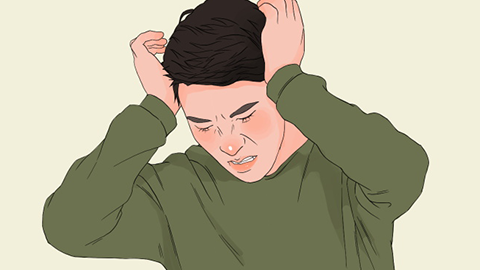Can I eat waxberries after taking headache medication?
In general, whether one can eat waxberries after taking headache medication depends on the drug's ingredients. Details are as follows:

If there is no clear interaction between the headache medication and waxberries—for example, common nonsteroidal anti-inflammatory drugs (NSAIDs) such as acetaminophen or ibuprofen at normal doses—and the patient has no gastrointestinal disorders or waxberry allergy, then moderate consumption of waxberries is usually acceptable. Waxberries are rich in vitamin C and water, which may help relieve physical fatigue after a headache, but should be eaten in moderation to avoid discomfort caused by excessive consumption.
If the headache medication contains certain ingredients—for example, compound headache medications containing caffeine—it may interact with tannins in waxberries, affecting drug absorption or causing mild gastrointestinal discomfort. In this case, eating waxberries immediately afterward is not advisable. Additionally, if an individual has a history of allergy to waxberries, or if the medication's instructions specifically advise against consuming certain fruits, waxberries should be avoided during the course of treatment.
Therefore, whether one can eat waxberries after taking headache medication depends on specific circumstances. When in doubt, it is best to consult a physician or pharmacist to ensure safe and effective medication use.





